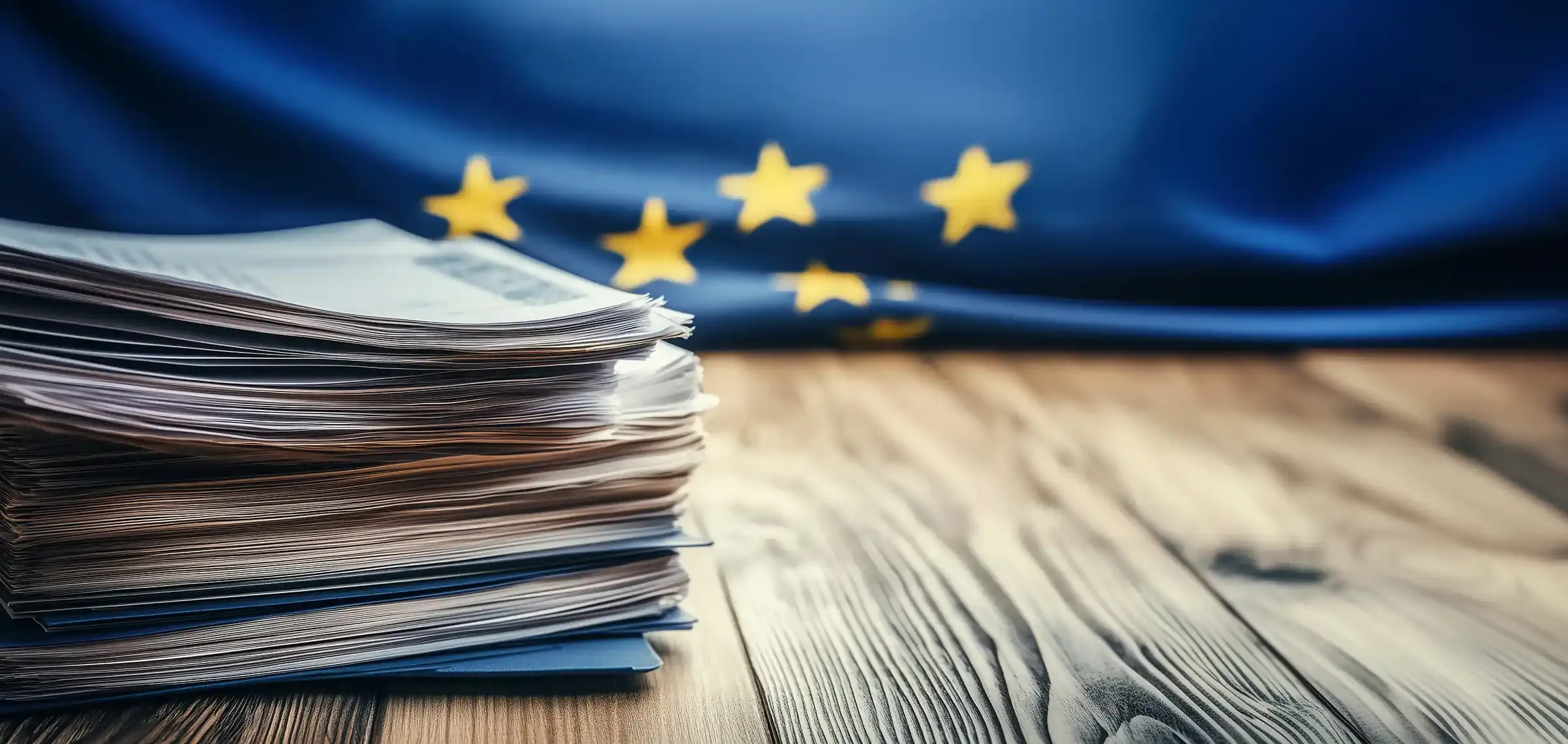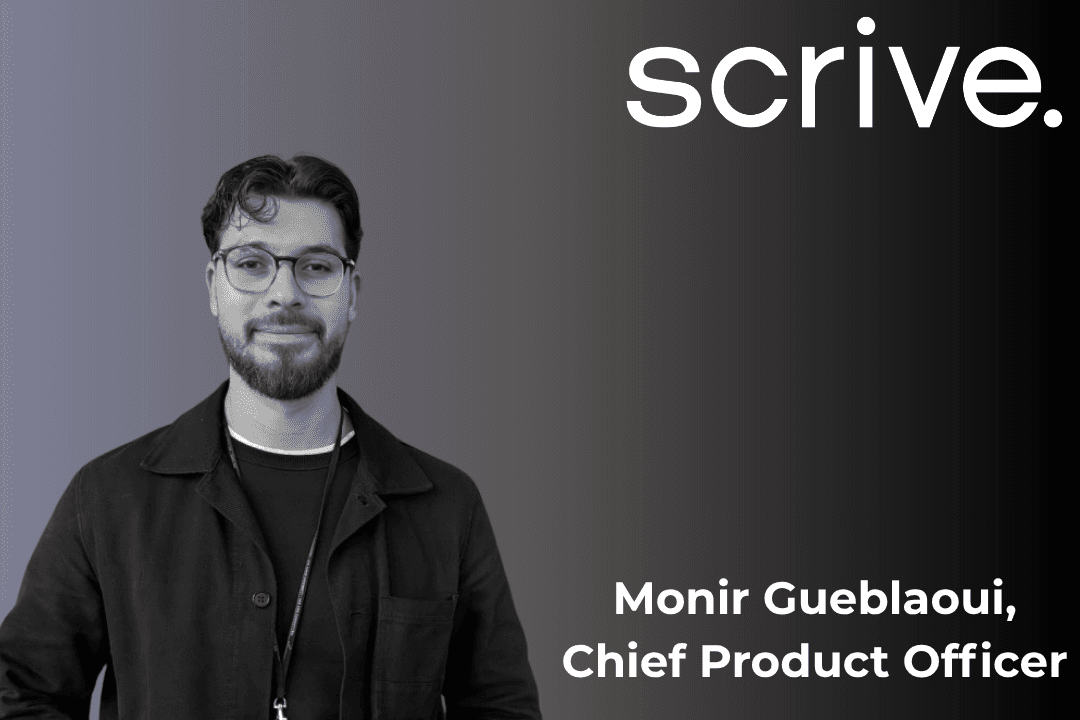
From paper to AI: why HR must lead the digital leap
AI is transforming business, and HR is at the center, but successful adoption requires strong digital foundations before experimentation.
Read articleWill this unprecedented global event change the way we live and work? It may already be happening, whether we think so or not.
“When this thing is over, I’m going to…” We all have our top 5 (top 10, top 20…) list of activities we can’t wait to get back to when stay-at-home orders and social distancing measures are finally relaxed. Depending on where you live, it might be about crowding together in your favorite pub to share a beer with friends. A real-time, face-to-face beer, not one of these “virtual happy hours” over Zoom.
Even something as mundane as that first post-Covid commute to the office might be a joyous event. Just to be back with colleagues in a well-equipped workspace will be a welcome transition, for both professional and social reasons.
But how sure are we that life will really just return to normal, that we’ll carry on like this never happened? If there’s anything about “normal” that we’ve always wanted to change, this is the time to make that happen. Now, when our habitual patterns are in flux, when we’re more open than usual to new possibilities. In the case of how we run our businesses, it might be a matter of survival.
If we look at the way we work on a daily basis, it’s well worth questioning what might change (or should change). Is this enforced period of conducting business remotely showing us that we could do some things better, even when we don’t have to? Let’s consider that some of the new work habits we’re developing to accommodate the current situation just may have some staying power when “it’s over”.
An article in The Economist was already speculating along these lines back on March 5 (a lifetime ago, right?):
“In February 2014 a strike on the London Underground offered management theorists a lesson in resilience and adaptation. Because the shutdown closed some but not all Tube lines, frustrated Londoners were forced to rethink their commutes to and from work. Researchers at Oxford and Cambridge universities subsequently found that around 5% of passengers stuck to their new itineraries even after normal service resumed. The long-term economic gains of one in 20 travellers adopting new and improved ways to get to work turned out to be greater than the short-term costs of the disruption.”
Researchers…found that around 5% of passengers stuck to their new itineraries even after normal service resumed. The long-term economic gains…turned out to be greater than the short-term costs of the disruption.
Coca-Cola might do well to re-boot this famous tagline because so many people today can relate to the sentiment of what a break from routine might do for us. We’re looking at an unprecedented opportunity to re-imagine ourselves, both personally and professionally, individually and collectively.
And the entire globe is going through it, together, at the same time. When else has this happened? And when was the world ever this interconnected, this interdependent: culturally, economically, politically?
Yes, we want this forced disruption to refresh us, but let’s not sugar-coat the fact that there’s ample cause for anxiety, for fear of the unknown. The prospect of a severe global economic downturn is unavoidable. To work from home, or from anywhere, is something to be grateful for. Layoffs are already happening, and there are companies that won’t survive the times ahead.
It’s worth noting that Coca-Cola launched “The pause that refreshes” in 1929, in part as a response to the public’s growing economic anxiety. It’s up to all of us to define the impact of this giant “pause” we are having right now.
Now don’t try to stop me if you’ve already heard this one (and I’m sure many of you have) because it bears repeating in these times: the Chinese term for “crisis” is composed of two characters, those for “danger” and “opportunity”. Language experts have debated this translation, but accurate or not, it has gained worldwide popularity over the years because the truth of it resonates with us.
The following posts in this blog series will explore opportunities the Covid-19 pandemic might offer us, both as businesses and individuals, including examples of how some organisations, including major cities, are already responding.

AI is transforming business, and HR is at the center, but successful adoption requires strong digital foundations before experimentation.
Read article
With EU standards for electronic signatures and digital identity, annual reporting is shifting from a fragmented process to a harmonised one.
Read article
Two key agencies in Sweden, Försäkringskassan (the Social Insurance Agency) and Skatteverket (the Tax Agency), have reached different conclusions.
Read article